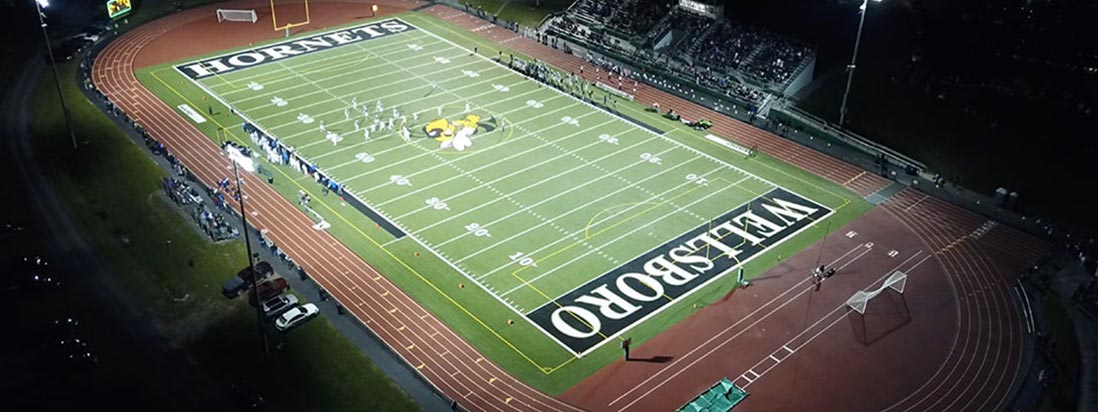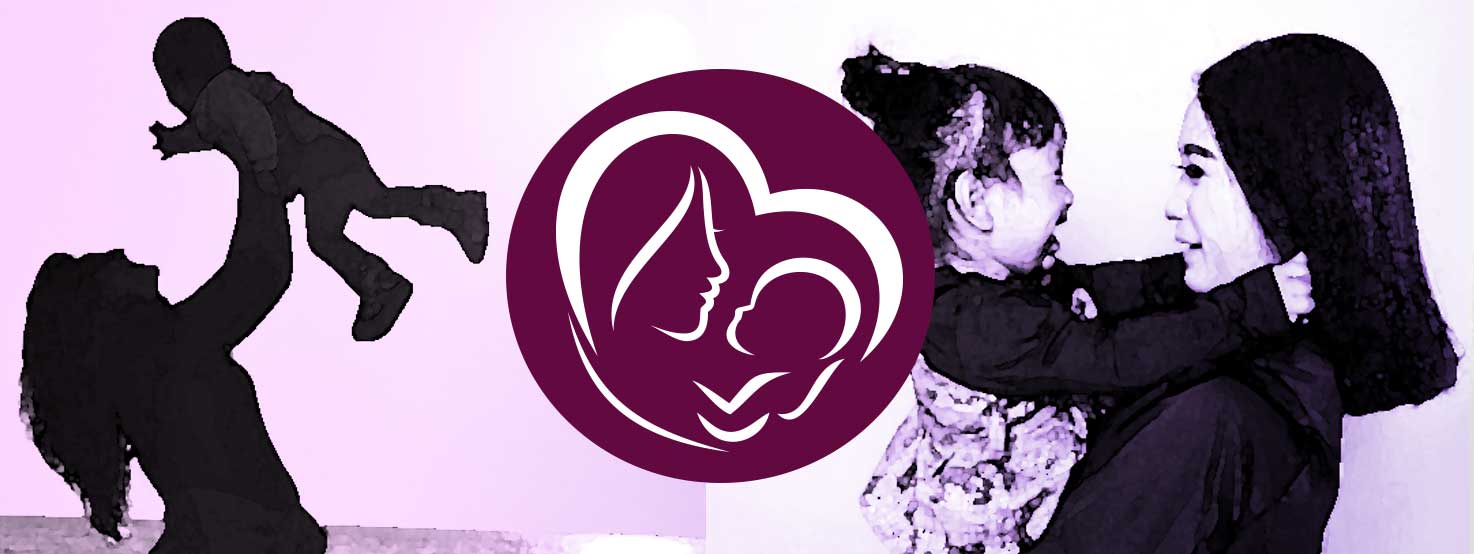Channels

Rotary

Rotary Conference

Laurel Health Centers

Penn Oak Realty

Movin Together

Bank On It

Dunhams Corner

By The Door

Questioning Life

Karschners Insurance

Ag Happenings

Back to Basics

Hornet Happenings

Live From The Hive

Momday Monday

Pennsylvania Politics

The Briefing

Weekly Highlights

Wellsboro Chamber

Digestive Problems?
While the holiday season looks a little different this year, there is still plenty of joy to be had through the tastes of the season. While you’re celebrating, digestive issues are the last thing you want to have to worry about, but for many they’re a real concern.
This year we want to help you enjoy the holiday without heartburn, upset stomach, diarrhea, or constipation. Understanding what can trigger your issues and what you can do to change the habits that impact your digestive health can make the holiday much easier on you and your body.
Why the Holiday Triggers Digestive Issues
The holiday season is often a time for traditions, cheer, and joy with family and friends. However, the season also brings added stress and seasonal food-filled environments inviting you to overindulge, a perfect mix to trigger problems with your digestion.
Common triggers include:
- Stress – Anxiety and stress from cooking, cleaning, travel, and family dynamics can take a toll on your stomach. Emotional eating and drinking can also cause symptoms such as bloating, constipation, heartburn, and diarrhea.
- Alcohol and Sugary Beverages – Holiday drinks are usually bigger than a typical serving, which could add several hundred calories and a lot of added gas in the fizz to your stomach. Alcohol has a weakening effect on esophagus which can lead to acid reflux. In the stomach, alcohol can cause an increase in acid secretion and slow down stomach emptying, leading to irritation and feelings of nausea.
- Overindulging – The more you eat in one sitting, the more pressure your stomach can put on your digestive system. You don’t have to eat every side dish on the table, it will only lead you to feel sick later.
- Food choice – Carbohydrates, fat, and sugar are harder for your body to digest and may cause acid reflux and other issues.
- Lack of fiber – Many of your favorite holiday foods don’t have a lot of bran added. It is easy during the holiday season to not give your body the fiber it needs to keep your bowels moving.
There is Hope
Changing your habits may seem like a difficult thing to do around the holidays, but really it is an easy time to break your routine. If you want to avoid the discomfort of the symptoms of digestive issues, try the following tips:
- Be mindful about your eating. Mindful eating may help you find the balance between restricting yourself and eating too much during the holiday season. Honor your cravings, savor the flavors, pause, and ask yourself if you are still hungry or not. Most importantly, do not restrict yourself. Restricting may lead to overindulgence, binging, and other unhealthy behaviors.
- Focus on family and friends, not solely the food. When you are with others in-person or virtually, enjoy the moment and don’t focus solely on food or drinks.
- Make exercise a priority. Although it may be hard to find the time to exercise during this busy season, exercise provides physical and mental health benefits. You can find exercise in different activities—take the stairs instead of the elevator, go on a run, or clean the house.
- Don’t start a big meal on an empty stomach. Avoid skipping meals on the big day. When hungry, we tend to overeat. Rather, eat balanced, nutritious meals throughout the day leading up to the big meal.
- Create a plan for eating. Use a small plate and fill it once. Fill half your plate with fruits and vegetables. Fill up your stomach with those nutrient-dense options first.
- Eat before you drink alcohol. Eat a full meal before you start drinking your holiday cocktails to ensure the body is getting the nutrition it needs. Don’t substitute alcohol calories for nutrition.
- Limit sugar. Be mindful of the sweet treats. Limit yourself to a couple of treats or sample tiny portions of each dessert. Slowly savor and enjoy the desserts.
- Drink plenty of water. Make sure you are drinking your recommended eight servings of water a day.
- ENJOY. The holidays are a time for celebration. Enjoy the holiday season with mindfulness and moderation.
When Should I see a Doctor?
If you rarely have an upset stomach, heartburn, or diarrhea, you shouldn’t be worried. If you have ongoing symptoms, you may need to see a doctor. Don’t ignore chronic symptoms. If your symptoms don’t resolve on their own, it’s time to talk to your doctor. Most digestive problems are very treatable. There is no reason to live in discomfort.
Puneet Basi, MD, is a gastroenterologist with at the Digestive Disease Center at UPMC Williamsport. To schedule an appointment, call (570) 321-3454. To learn more, visit UPMCSusquehanna.org.






































